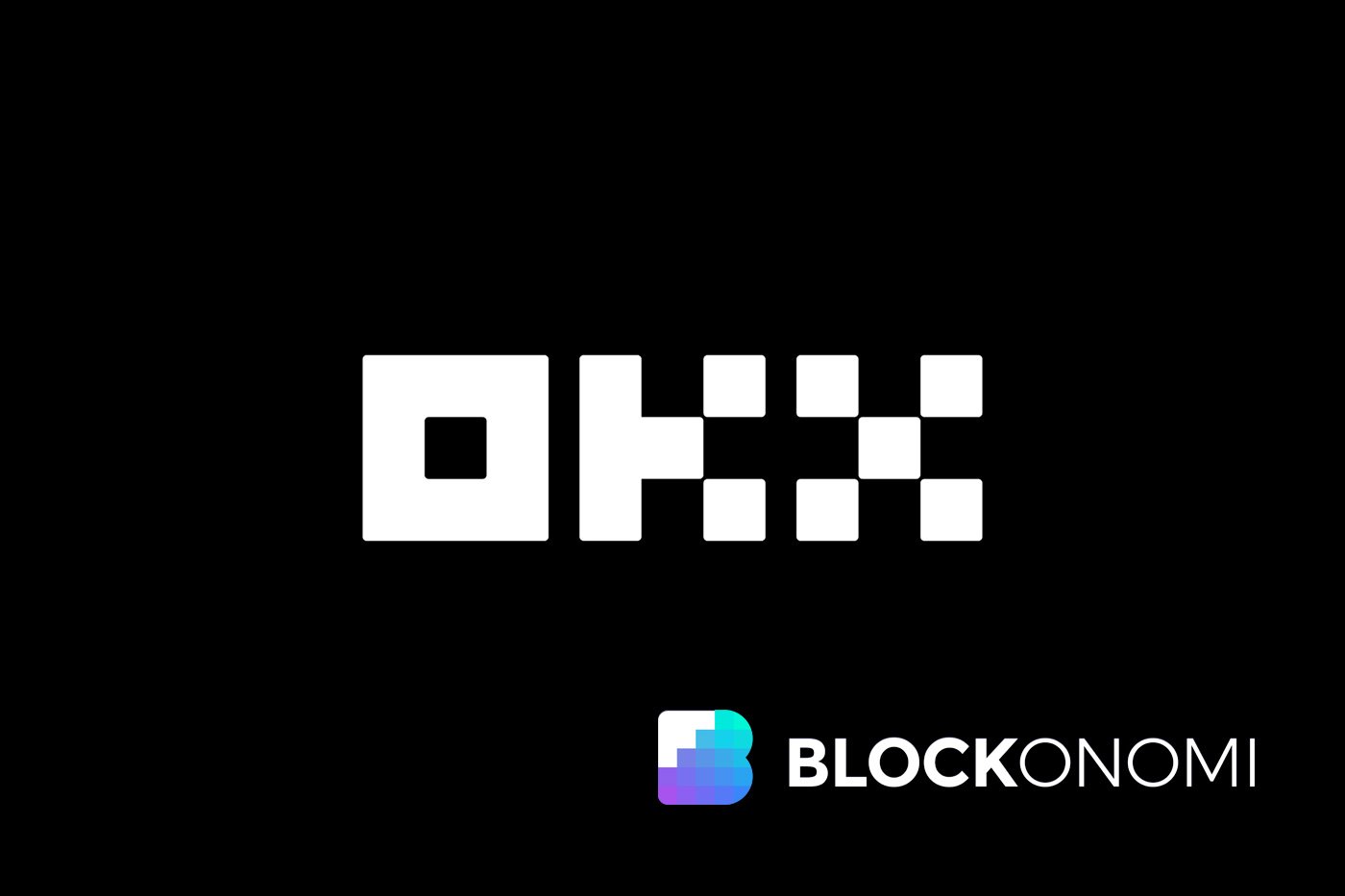OKX, one of the world’s largest cryptocurrency exchanges, has announced its decision to withdraw its application for a Virtual Asset Service Provider (VASP) license in Hong Kong.
The exchange plans to discontinue centralized virtual asset trading services for Hong Kong residents effective May 31, 2024.
TLDR
- OKX, one of the largest cryptocurrency exchanges, has withdrawn its application for a Virtual Asset Service Provider (VASP) license in Hong Kong and will discontinue centralized virtual asset trading services for Hong Kong residents effective May 31, 2024.
- The decision to withdraw the license application follows a comprehensive evaluation of OKX’s business strategy, aiming to navigate regulatory compliance while prioritizing customers’ interests.
- Users in Hong Kong have until August 31, 2024, to withdraw their assets from OKX accounts, either to self-custody wallets or third-party platforms.
- OKX’s withdrawal is part of a broader trend of crypto exchanges grappling with regulatory pressure in Hong Kong, with several other major exchanges, such as Huobi Hong Kong, HKVAEX, and Crypto.com, also withdrawing their license applications.
This move comes as a surprise to many, given OKX’s previous enthusiasm for cementing its presence in the city where it maintains its base of operations.
In a statement on its website, OKX cited a comprehensive evaluation of its business strategy as the reason behind the decision to withdraw the license application.
The exchange aims to effectively navigate regulatory compliance while prioritizing customers’ interests. Despite the discontinuation of trading services, OKX has assured users of the safety of their funds, emphasizing that withdrawal services will remain unaffected.
Users in Hong Kong have been given a three-month window, until August 31, 2024, to withdraw their assets from OKX accounts.
During this transition period, customers can transfer their funds to self-custody wallets or third-party platforms.
OKX has urged users to initiate withdrawal requests before the closure date to ensure a seamless transition. After the deadline, any remaining balances in customer accounts will be treated as unclaimed property in accordance with the exchange’s terms of use.
OKX’s withdrawal is not an isolated incident in Hong Kong’s crypto market. Several other major exchanges, including Huobi Hong Kong, HKVAEX (backed by Binance), and Crypto.com, have also recently withdrawn their license applications.
This trend highlights the challenges and regulatory pressure faced by cryptocurrency exchanges seeking to operate in the region.
Hong Kong’s new virtual asset regime imposes stringent requirements on cryptocurrency exchanges seeking licenses.
Failure to meet these criteria results in mandatory closure within three months of the Securities and Futures Commission’s (SFC) notification.
The abrupt departure of multiple exchanges underscores the complexities and costs associated with achieving regulatory compliance in Hong Kong.
While the exodus of exchanges may appear to be a setback for Hong Kong’s aspirations to become a crypto hub, some experts argue that it could signal progress in regulators’ efforts to clean up the city’s freewheeling crypto scene.
The rigorous licensing process is designed to weed out exchanges that fail to meet the SFC’s high standards, ensuring a more secure and compliant environment for investors.
The withdrawal of license applications by major exchanges like OKX is not a trivial matter, as the process requires significant time and resources.
Experts suggest that companies are unlikely to pull out lightly after investing heavily in the application process. The timing of the withdrawals, just ahead of the cut-off date for shutting down operations, may also be an effort by the SFC to eliminate applicants that do not meet the necessary criteria.





